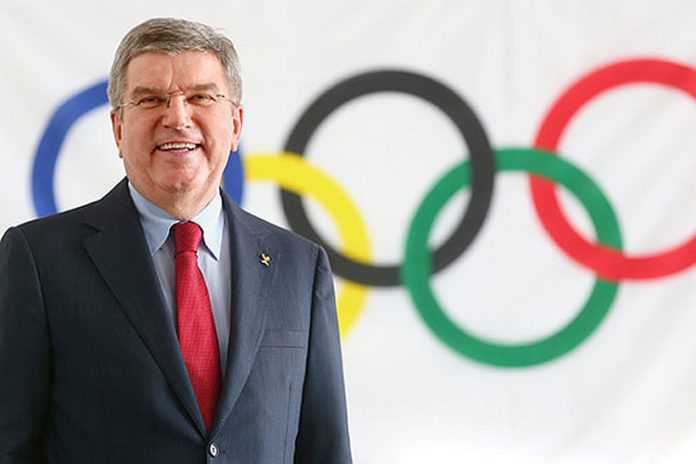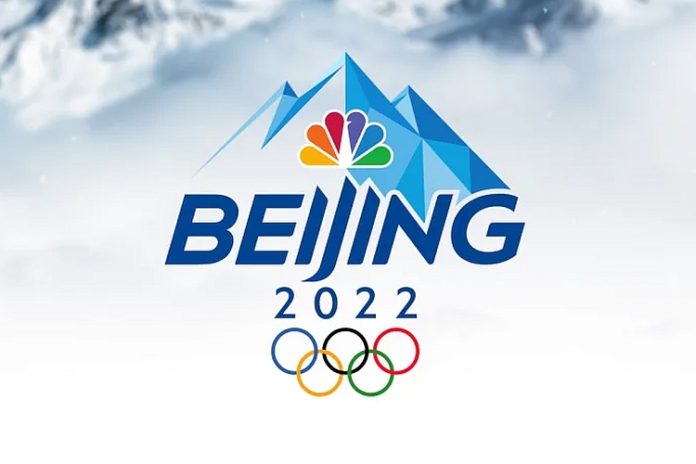(This guest column is from one of the most knowledgeable observers of the Olympic Movement, Britain’s David Miller. For more than 50 years, the former English footballer has covered the Olympic Games and the sports within it, including 15 years as the Chief Sports Correspondent of The Times of London, with stints at the Daily Express and the Daily Telegraph. Author of books on athletics, football and the Olympics, he was Official Historian of the IOC from 1997-2018. His opinions are, of course, his own alone.)
Victim of a politically void U.S. boycott of Moscow’s Olympic Games of 1980 – which founded his 40-year administrative campaign to avert ineffectual political gestures exploiting innocent athletes – International Olympic Committee President Thomas Bach headed for Beijing’s Winter Games this week optimistic that sport has been insulated from attempted and widespread political obstruction.
Bach is not immune to the bureaucratic affliction of ethnic groups by autocratic governments – as of China’s Muslims at the present time – but vigorously upholds the IOC’s principle: political intervention is not an element of their Charter’s remit. That is properly the responsibility, even priority, of disapproving rival governments, via diplomatic or trade embargoes. “The IOC is not a supra-government institution,” Bach insists, in the face of persistent demand, predominantly from U.S. reactivists, for removal of the imminent Games from China.
“The stakeholders of the Olympic Games, whether [National Olympic Committees], International Federations, broadcasters or sponsors, will have relied upon the IOC to ensure the staging of these Games,” Bach stressed, prior to departure from Lausanne yesterday.
“We have achieved our objective of the past two years, alongside handling the threat of Covid: fulfilling the message of every Games, which is the social integration of all peoples irrespective of different government prejudices. This is our goal.”
Neutrality must rule sport, and if a nation is eligible to compete in the Olympic arena, it is therefore consequently eligible to be Olympic host. Within a decade of Moscow ’80, the Soviet Union was disintegrating: fundamental to the virtue of the Olympic cycle is its neutrality. In a tourist-obsessed world (Covid-free), nowadays numerically led by China – just ask Paris – it has to be hoped that the Olympic message may ultimately penetrate and irradicate Chinese governmental racist intolerance and incarceration: even if it has disreputably failed to do so in U.S. and, brutally across a century from the early twentieth, in Britain against the Republican Irish.
“The social-political relationship with China may continue to be a bumpy ride for some while,” the IOC president concedes. It is a merciful coincidence for the IOC that when Oslo, ideal Olympic host, in a fit of political pique, withdrew its bid for 2022 in 2015, together with four other cities financially hesitant, the IOC was left with the option of two autocratic dictatorships: China and Kazakhstan, the latter losing by a mere four votes … and now besieged by civil rioting. Did not Bach, unwittingly in the event, strike lucky!
Comments are welcome here and or direct to David Miller here.


























